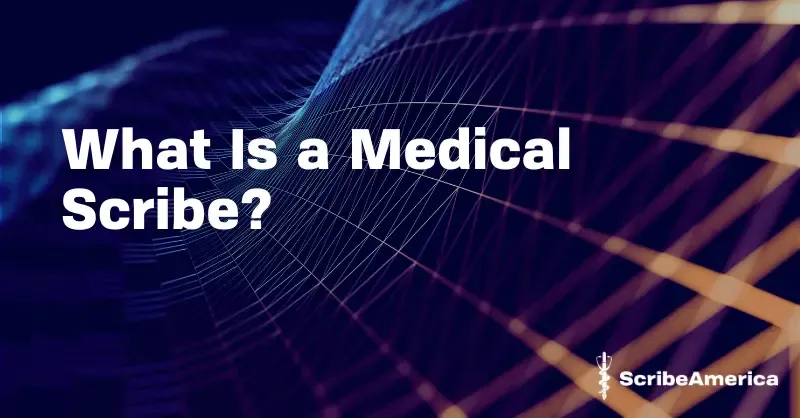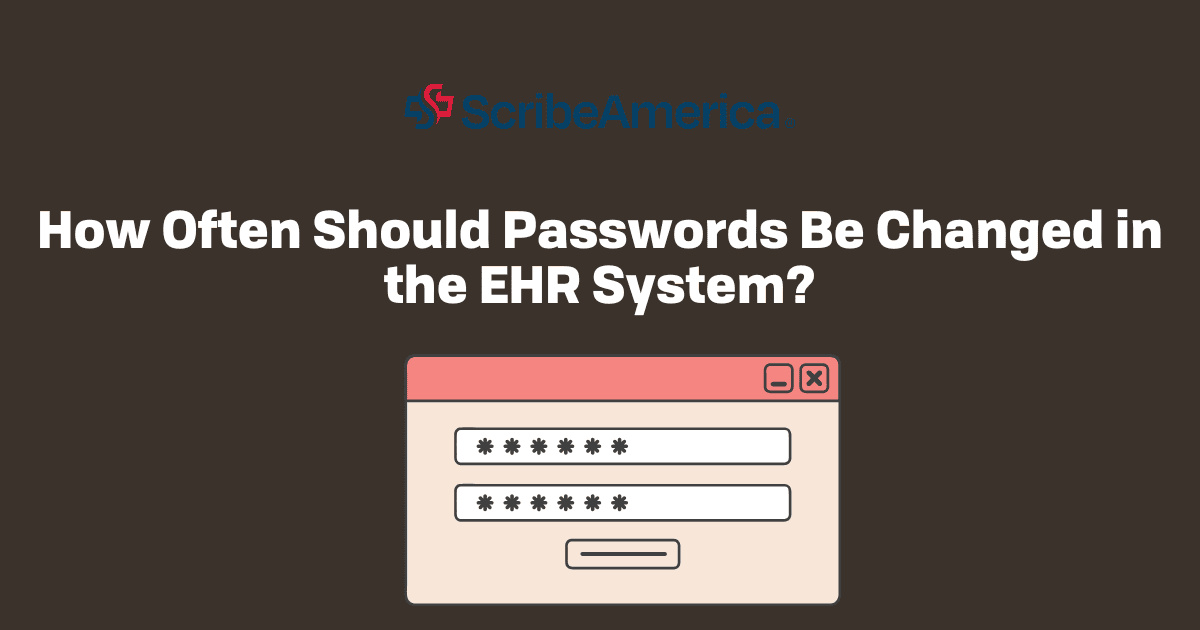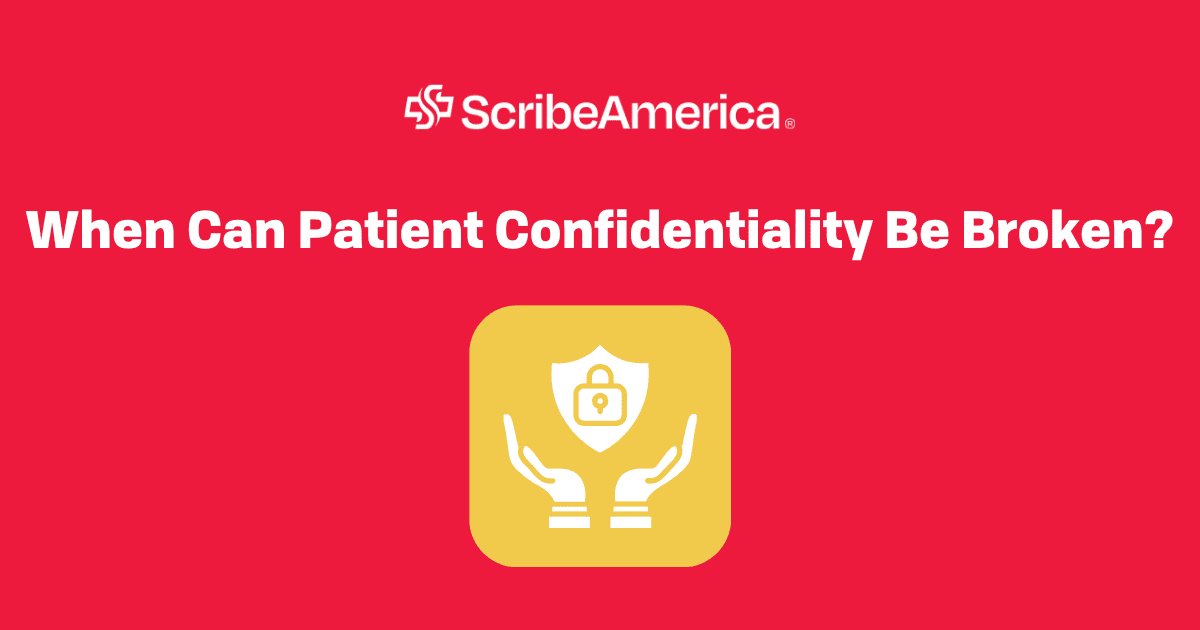Medical scribes have revolutionized modern medicine by taking the quality of patient care to the next level and freeing healthcare professionals to focus on the beside, not on the computer work. Since the emergence of the Electronic Health Record (EHR) pulled physicians away from direct and patient-focused care, medical scribe services have been gaining increasing popularity and opened many job opportunities to those wanting to gain experience in the healthcare setting. What is a medical scribe? Read on to learn about the requirements and benefits that come with this position.
What does a medical scribe do? Duties & responsibilities
What is a medical scribe? A medical scribe is a person trained to observe and document a physician’s patient encounters by entering information into the Electronic Health Record (EHR).
It’s a personal assistant of the physician that collects information for the patient’s visits and works alongside the healthcare professional to improve the efficiency and quality of delivered care.
In simple words, a medical scribe works in the background, listening to and documenting the patient’s story as the physician examines and evaluates the patient.
The scribe records the patient’s history, physical examination results, laboratory findings and other relevant information. This allows the physician to stay focused on the patient, without having to break away to enter data into the computer.
What does a medical scribe do? Typical responsibilities include:
- Documenting the physician’s findings and observations,
- Recording test results, medications, and treatments,
- Communicating with healthcare providers,
- Assisting with patient flow,
- Complying with all applicable laws, regulations, and policies,
- Ensuring the accuracy and completeness of prepared documentation,
- Following all HIPAA guidelines,
- Learning current medical terminology.

Training & education requirements
As a starting point, it’s crucial to mention that the position doesn’t require a college degree or prior experience in the medical setting.
There are special associate and bachelor's degree programs offering classes in health science, medical terminology, or health care management to prepare aspiring medical scribes for the position.
Moreover, you can also benefit from the support provided by ScribeAmerica that has been training candidates and managing medical scribe programs for over 20 years to continuously improve the quality of hires.
If you want to learn more about how to become a medical scribe, read our article.
Benefits of working as a medical scribe
Working as a medical scribe can be a rewarding experience that will allow you to learn more about the healthcare industry, observe physicians in action and improve the quality of delivered patient care.
Since having a medical scribing background is slowly becoming a standard acceptance criteria for many medical schools across the country, starting this career is a great option for pre-med students.
It’s also a good choice if you would like to have 9 to 5 jobs in medicine.
The takeaway
What does a medical scribe do? Medical scribes are dedicated professionals that help to ensure the quality and efficiency of healthcare services.
They're responsible for documenting the physician’s findings and observations, taking care of the accuracy and completeness of prepared documentation.
If you want to start a career in healthcare or gain the necessary experience to go to med school, check out open medical scribe jobs and apply today!





